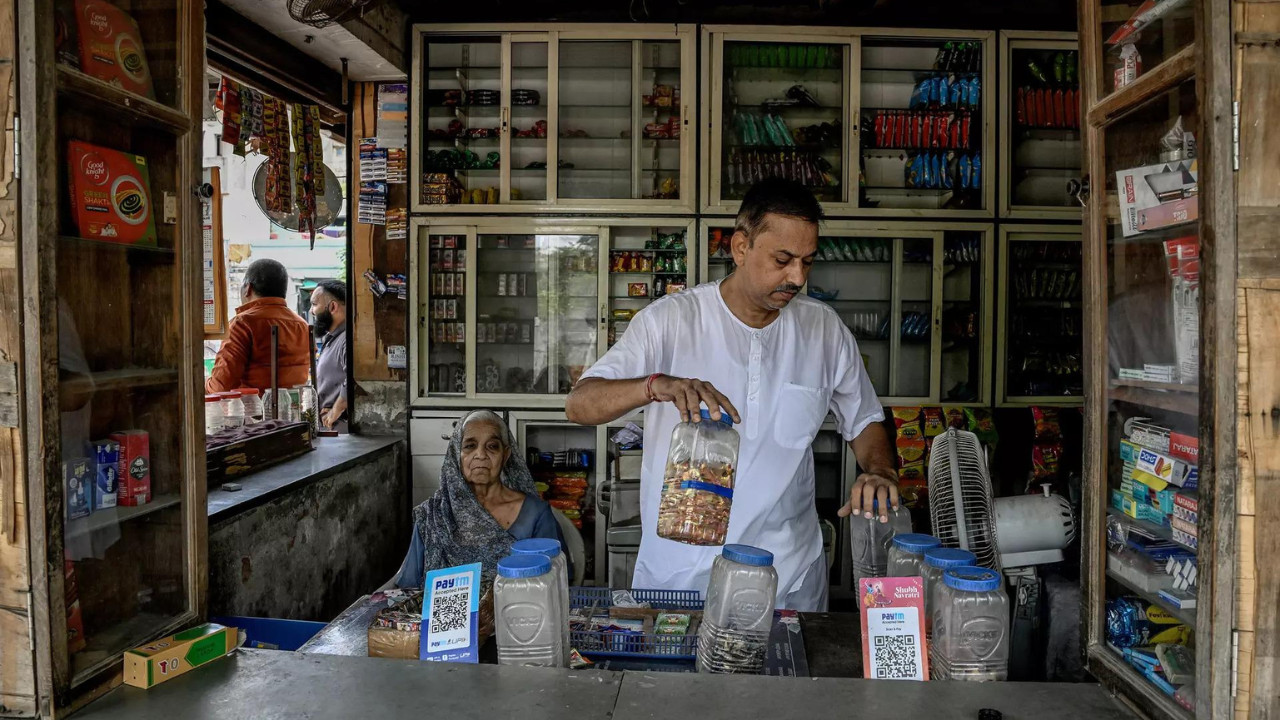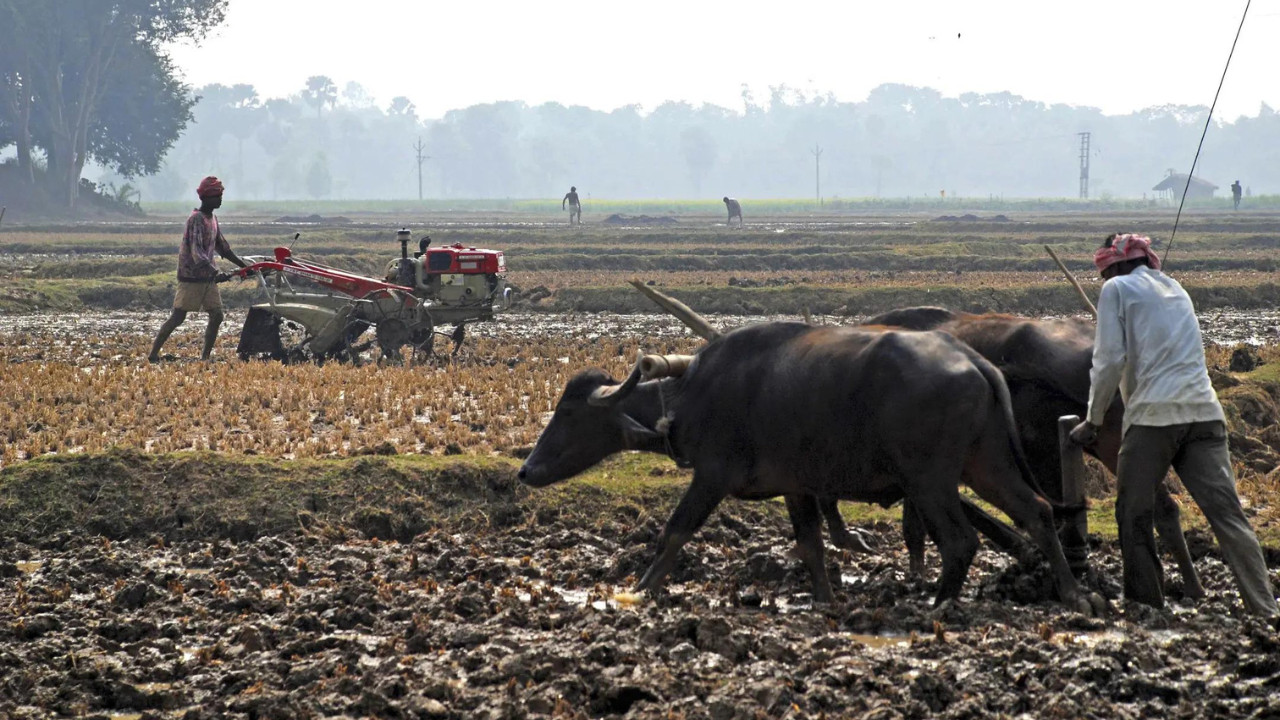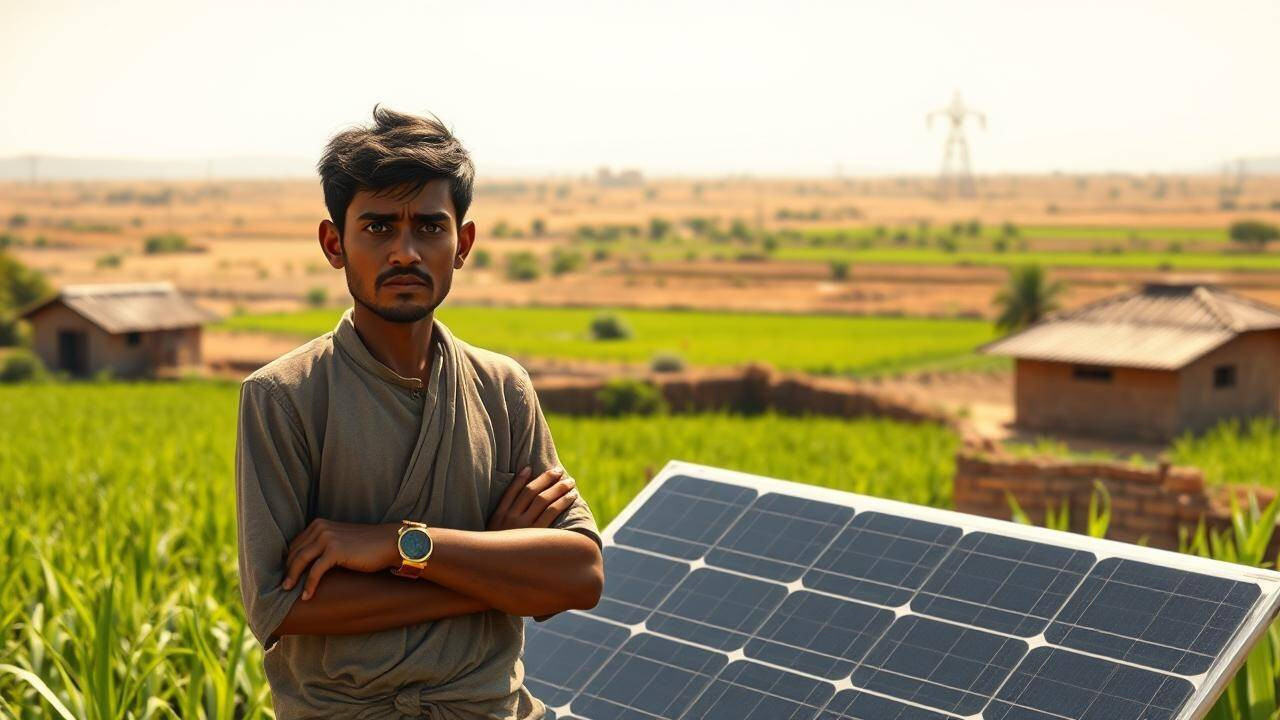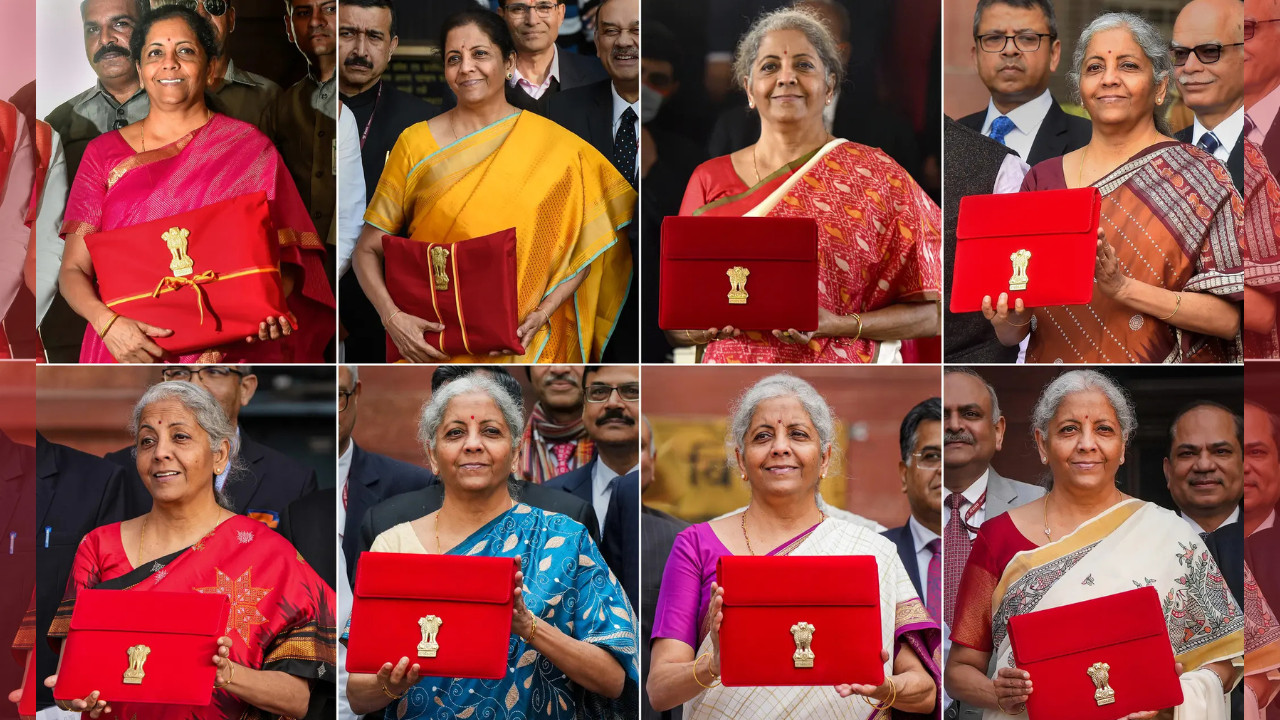Beyond the Billboard: How Rural India Is Rewriting the Rules of Consumerism
The narrative used to be simple: urban India craved brands, rural India lagged behind. Flashy logos and aspirational advertising were the siren songs of the city, while villages remained largely untouched by the consumerist tide. But the ground is shifting. The lines are blurring. And the story of Indian consumption is becoming far more nuanced, far more interesting.
The headlines shout about slowing urban consumption, but what’s really happening beneath the surface? We’re seeing a fascinating inversion, a quiet revolution in the way rural India interacts with brands and, conversely, how urban India is starting to look beyond them.
The Rural Rise: A New Kind of Brand Loyalty
Think about it. For years, rural communities faced limited access to products and services. When brands did finally penetrate these markets, they often arrived with the force of a cultural phenomenon. The first reliable motorcycle, the first affordable television, the first taste of branded packaged goods – these were more than just purchases; they were symbols of progress and connection to a wider world. This initial embrace fostered a strong sense of loyalty, a reliance on brands that delivered on their promises.
But this isn’t just about availability. It’s about aspiration, connection, and trust. Brands that understand and respect the unique cultural nuances of rural India are the ones that are truly succeeding. They’re building relationships, not just pushing products. They’re becoming part of the community, not just invading it. 
This deep-seated brand affinity in rural India is particularly evident in sectors like FMCG (Fast-Moving Consumer Goods) and two-wheelers. Companies that have invested in building distribution networks and understanding local needs are reaping the rewards. They’ve created a bedrock of brand loyalty that many urban marketers can only dream of.
Urban Evolution: Beyond the Brand Buzz
Meanwhile, a different kind of transformation is underway in India’s cities. Urban consumers, bombarded with advertising and exposed to a dizzying array of choices, are becoming more discerning, more value-conscious, and more experiential in their purchasing decisions.
The allure of a famous logo isn’t what it once was. Urban shoppers are increasingly prioritizing factors like sustainability, ethical sourcing, and the overall customer experience. They’re seeking authenticity and purpose, and they’re willing to ditch established brands for alternatives that better align with their values.
This shift is driven by several factors. Increased awareness of environmental and social issues, the rise of e-commerce offering a wider range of options, and the influence of social media amplifying diverse voices and opinions – all contribute to a more informed and empowered consumer base. They are actively seeking out alternatives and are showing far less brand loyalty than previous generations.
What This Means for Businesses in India
The implications of these trends are profound for businesses operating in India. A one-size-fits-all approach simply won’t cut it anymore. Companies need to tailor their strategies to the specific needs and preferences of different markets.
For rural India, this means focusing on building trust, understanding local customs, and providing reliable products and services. It means investing in distribution networks and offering accessible price points. Critically, it means recognizing that brand loyalty is earned, not assumed.
For urban India, it means emphasizing value, sustainability, and customer experience. It means being transparent about sourcing and production practices. It means building a brand that resonates with the values of a more conscious and discerning consumer base. Consider linking to related content about changing consumer behavior in India here.
The old playbook is being rewritten. The future of Indian consumerism belongs to those who can adapt to the changing dynamics of both rural and urban markets. It’s about understanding that brand perception, purchase patterns, and expectations are evolving at different paces and in different directions across this vast and diverse nation.
The Road Ahead
The Indian consumer landscape is undergoing a period of fascinating transformation. While rural India continues to embrace brands as symbols of progress and connection, urban India is increasingly looking beyond labels to prioritize value, sustainability, and authenticity. The key to success lies in understanding these evolving dynamics and tailoring strategies to meet the specific needs and preferences of each market. This nuanced approach is not just good business, it’s essential for navigating the complexities of the modern Indian consumer landscape.







